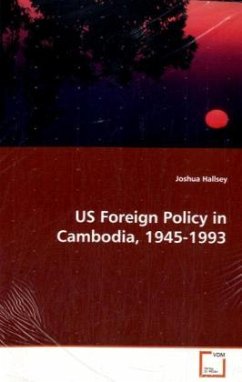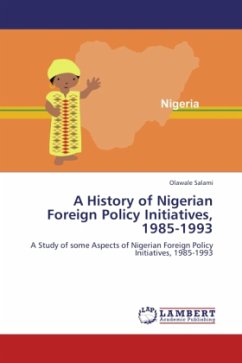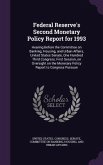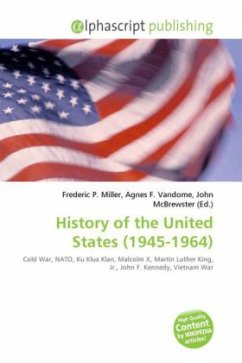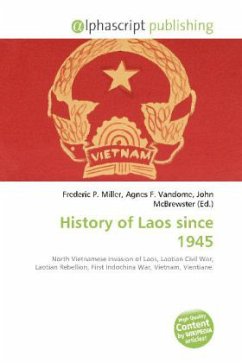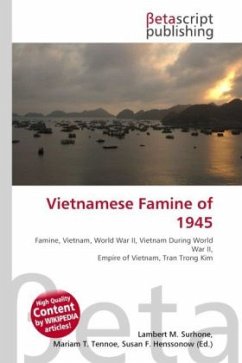This thesis examines the effects of U.S. foreign
policy upon the lives
of ordinary Cambodians from 1945-1993. It concludes
that U.S.
policies in Southeast Asia systematically
destabilized Cambodia both
politically and economically, contributed to the
development and
victory of the Communist Party of Kampuchea in 1975,
and helped
to delay Cambodia s recovery from the Khmer Rouge
genocide until
1993. It also examines the factors that influenced
U.S. foreign
policy towards Cambodia and finds that local
Cambodian issues
were rarely taken into account by U.S. policymakers,
and that U.S.
policy toward Cambodia during this period was instead
largely
determined by American Cold War strategy. This study
pulls facts
and arguments from myriad secondary resources and is
an attempt
to produce a more coherent narrative of the effects
of U.S. foreign
policy in Cambodia than currently exists.
policy upon the lives
of ordinary Cambodians from 1945-1993. It concludes
that U.S.
policies in Southeast Asia systematically
destabilized Cambodia both
politically and economically, contributed to the
development and
victory of the Communist Party of Kampuchea in 1975,
and helped
to delay Cambodia s recovery from the Khmer Rouge
genocide until
1993. It also examines the factors that influenced
U.S. foreign
policy towards Cambodia and finds that local
Cambodian issues
were rarely taken into account by U.S. policymakers,
and that U.S.
policy toward Cambodia during this period was instead
largely
determined by American Cold War strategy. This study
pulls facts
and arguments from myriad secondary resources and is
an attempt
to produce a more coherent narrative of the effects
of U.S. foreign
policy in Cambodia than currently exists.

